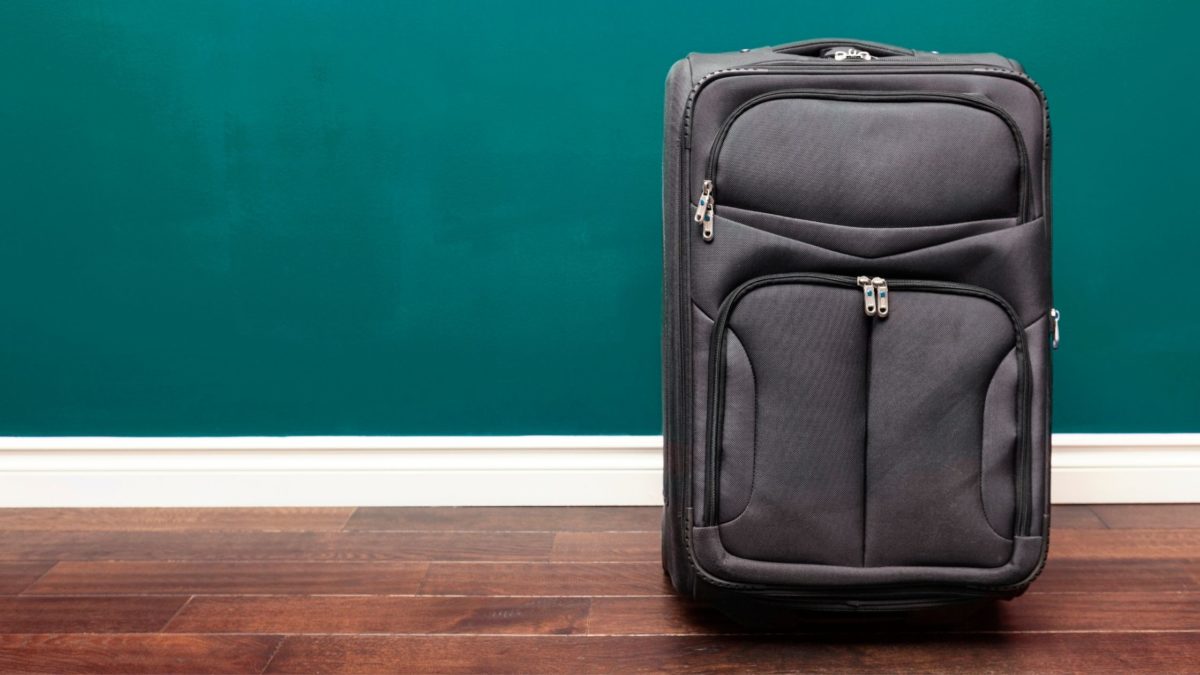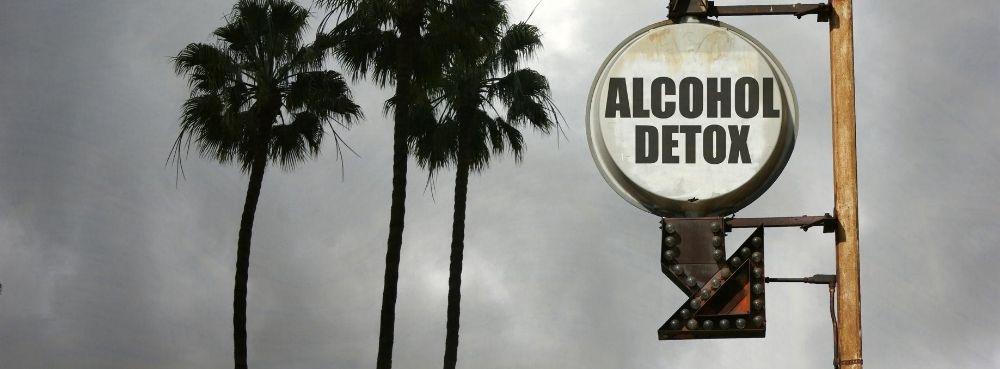Enrolling in an alcohol rehab center is a major step that can help an alcoholic regaining control over their life. Unfortunately, it’s also one that alcoholics regularly shy away from. Getting clean will come at the cost of your comfort zone–something people are reluctant to give up even in the best of circumstances. It’s quite normal to have reservations about going to an addiction treatment center. But knowing what you’re in for can go a long way towards alleviating your fears and finally convince you to take the plunge. Here’s an honest look at what to expect in the first week of alcohol rehab; the good, the bad, and the ugly.
The First Week at Rehab: An Almost Universal Experience
An alcohol rehab program can last anywhere from a few weeks to several months. Regardless of how long your treatment is, however (the National Institute on Drug Abuse recommends at least 90 days), virtually all types of substance abuse addiction programs begin the same way. Keep in mind that there are a lot of treatment facilities out there (over 14,000 in the U.S. alone) and naturally, there’s bound to be variations on how those facilities operate.
The Check-In Process
Once you have arrived on-site, a number of things will take place. First, will be paperwork and other administrative tasks, similar to that of going to a doctor’s office. Keep in mind that you may need to provide ID and your insurance card. Many alcohol rehabs use the first day to allow new patients to get acquainted with the facility and to settle in. Others aim to get you included in the action and will encourage you to participate in a group therapy session.
You’ll likely know how things work well before you take your first step inside the facility. You’ll know about the housing situation, whether food is provided, how visitation works, if communication to the outside world is restricted, and so on. Their goal is to make you feel as comfortable as possible while in recovery. That involves not springing surprises on you at the last minute.
If you have enrolled in an inpatient alcohol treatment program, the exact timing of when you are shown to your room can vary greatly between facilities. However, you can rest assured that you will be given a thorough tour of the facilities, as well as the rules (like “lights out at 10”), the policy for breaking rules, along with any expectations. Be forewarned that your belongings may be searched to ensure that you don’t have anything that could cause harm to you or your fellow patients such as drugs, alcohol, weapons, or any other items marked as prohibited.
Medical Examinations
The first day of your arrival will also typically include a number of assessments. Don’t worry, these aren’t tests you’ll need to study for. These are simply questionnaires and interviews meant to give a better idea of your mental and emotional state. This is a crucial aspect of treatment as it’s what your personalized treatment plan will be built around. Be prepared to answer questions such as:
- How long have you been a heavy drinker?
- How much and how often do you drink?
- What caused you to start drinking?
- Does alcoholism run in your family?
It’s of the utmost importance to be completely honest so that the facility can properly gauge the scope of your addiction. Trying to downplay your addiction only does you, your loved ones, and your hard-earned dollars, a disservice.
Medical examinations are often conducted in this initial intake stage to get an idea of your physical health as well. You’ll receive a screening of things like your temperature and blood pressure (think: a routine doctor’s visit), and be asked if you are on any medications. The examinations can also include more in-depth testing such as blood tests to check liver and kidney health, hepatitis, or other diseases.
Depending on whether a facility offers alcohol detox or not, they may require a drug screening prior to commencing the program to confirm that you have alcohol and any other drugs, out of your system.
Alcohol Detox
If you have enrolled at an alcohol rehab that includes a detox program, you will likely spend the majority of your first week of alcohol rehab in this stage. Here, you will be monitored to ensure you don’t experience any life-threatening complications as you get alcohol out of your system. Alcohol withdrawal symptoms should subside by day 7, but depending on the severity of your addiction, can take even longer.
Many facilities employ random drug testing to ensure a patient is complying with policy. Failing a drug test or breaking rules can result in disciplinary action, removal from the program, or even a complete ban on returning.
Daily Schedule: Getting Into A Routine
Once you’ve gotten settled, you will usually begin your personalized plan the next day (Alert for the night owls: rehab activities tend to start early). You’ll have a daily schedule provided to you which will include things such as:
- Individual therapy
- Group therapy
- 12 Step meetings
- Alternative therapy
- Group discussions
- Free time
- Meals
- Physical fitness workout
Evening tends to be much more flexible, allowing patients time for recreational activities. Some facilities even allow patients to go off-site (usually to get food) or prepare their own evening meals. What you can do in your “off-time” can vary greatly depending on the individual treatment center.
Therapy
There are dozens of different types of therapy modalities out there (including holistic therapy), some of which you may have the freedom to try, like picking your electives in school. However, cognitive behavioral therapy is a guarantee. In the first week of alcohol rehab, CBT will aim to uncover why you began drinking in the first place and what your triggers might be. Later on in your recovery journey, cognitive behavioral therapy may have a focus on relapse prevention.
Limited External Communication
In most cases, inpatient facilities restrict external communication in some shape and form, and particularly so in the early stages of treatment. Upon entering a program, you will likely have to give up your phone and other electronics. Most clients are allowed to make a call on the first day, but may not be able to do so regularly (at least, during the first week) or for an extended period of time. The purpose is not to make you feel isolated from loved ones, but to encourage that you focus on recovery.
However, you won’t be completely cut off from the world. Facilities often encourage family participation so you may get a visit from your family during that first week.
Ready To Find An Alcohol Rehab?
New situations can be daunting, especially the ones involving a major lifestyle, identity, and mentality overhaul. Your chronic drinking habit has likely become such a part of you that the majority of your thoughts and schedule revolves around it. Alcohol, and being intoxicated, have become your comfort zone and the thought of changing that can be scary. But ask anyone who’s gone to alcohol rehab and they’ll tell you that the benefits of kicking a chronic drinking habit far outweigh the temporary discomfort you’ll experience from a drink. If you’re ready to join them and make the first step towards beating your alcohol addiction, this handy drug and alcohol rehab directory can help you get started.


